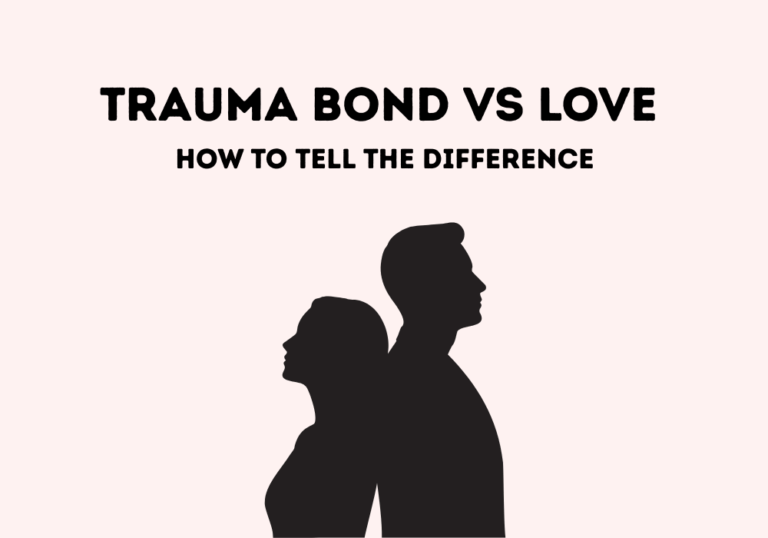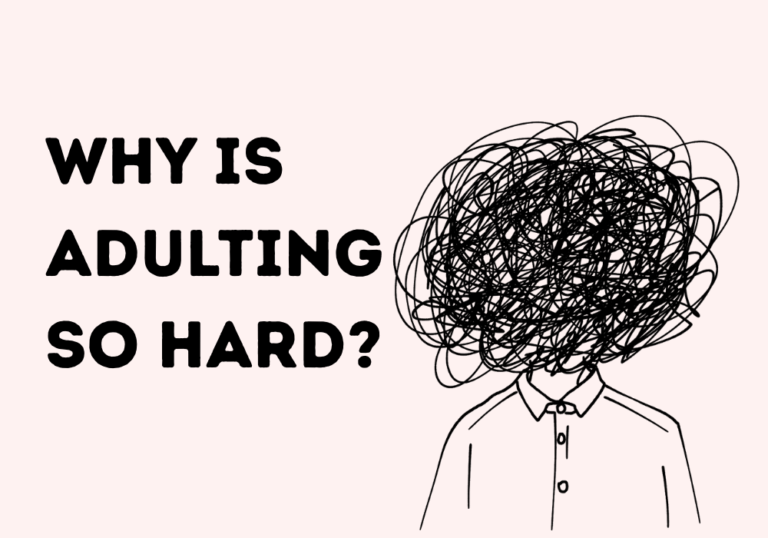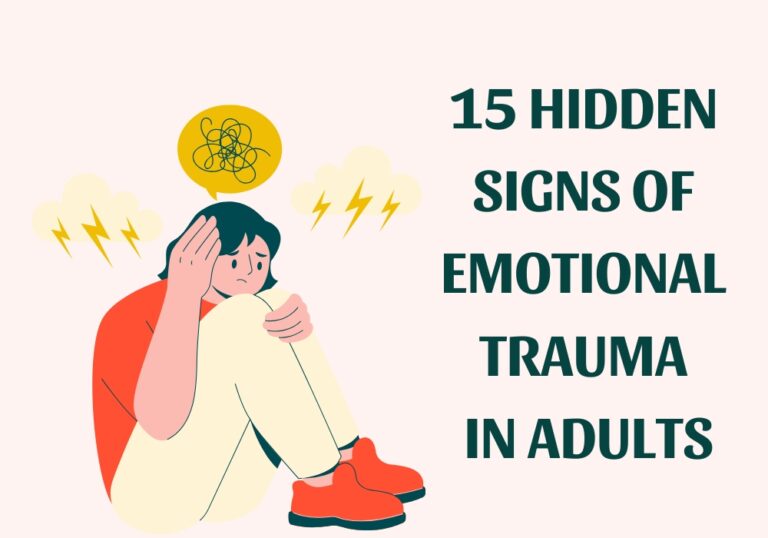What is stress?
Stress is a normal reaction to change, a part of what makes us human. It is physiological, emotional, psychological, and social and is experienced differently by different people. In some circumstances, stress has a positive effect, bringing energy and a greater sense of focus to your life. In other circumstances, stress feels overwhelming, and it causes us to react in unhelpful ways.
Stress is caused by a feeling that something bad is going to happen. It is a response to any kind of situation in which the person perceives himself or herself to be under threat of danger, loss, injury, etc, or under threat of some other negative aspect.
10 Ways to Manage and reduce Stress:
Stress is inevitable throughout life, but it can be managed to reduce the likelihood that it will affect you in the long term.The following stress control tips can help you do that:
1-Exercise (even for a minute):
Exercise doesn’t necessarily mean lifting weights at the gym or training for a marathon.
A quick walk around the office or just getting to stretch during a break at work can offer immediate relief in a stressful situation.
When you get your blood moving, endorphins are released and your mood can improve almost immediately.
2-Eliminate Your Triggers:
Find out what are the top causes of stress in your life. Is it your job, your commute, your schoolwork? If you can identify what they are, try to eliminate or at least reduce them from your life. If you can’t identify the root causes of your stress, try keeping a stress journal.Notice when you’re feeling most anxious and see if you can spot a pattern, then find ways to eliminate or reduce those triggers.
3-Inner Voice:
Nothing affects your stress levels like the voice in your head. But the good news is that you are in control. You can turn negative thoughts into positive ones. Positive self-talk has more benefits than reducing stress.These include: less depression, greater resilience to colds and cardiovascular disease, and better coping skills during difficult times.
4-Sleep better:
Everyone knows that stress can lead to trouble sleeping. Unfortunately, lack of sleep is also a major cause of stress. This vicious cycle unbalances the brain and body and only gets worse over time. Make sure to get the doctors recommended seven to eight hours of sleep .Turn off the TV earlier, dim the lights, and give yourself time to relax before bed. It can be the most effective way to combat stress.
Related:Sleep Deprivation: Symptoms, Causes, and Effects
5-Deep Breathing:
When you practice deep breathing, you activate your body’s natural capacity to relax.
This creates a state of deep calm that can change the way your body responds to stress. It sends more oxygen to your brain and calms the part of your nervousness system that controls your ability to relax.
6-Eat a healthy diet:
The foods you eat can affect your mood and impair your ability to cope with life’s stressors. A diet full of processed and prepared foods, refined carbohydrates, and sugary snacks can worsen symptoms of stress, while a diet rich in fresh fruits and vegetables, high-quality protein, and omega-3 fatty acids can help you better deal with the ups and downs of life.
Related:Emotional Eating:10 Ways To Stop it And Be Mindful Of Your Diet
7-Manage your time better:
Poor time management can cause a lot of stress. When you’re under too much pressure , it’s hard to stay calm and focused. Also, you will be tempted to avoid or reduce all healthy activities you should do to keep stress under control like socializing and getting enough sleep.
But There are things you can do to achieve a healthier work-life balance.
For example: prioritize tasks, break projects into small steps…
Related:The Effects of Poor Time Management Skills
Related:13 Ways To Boost Your Time Management Skills
8-Reduce caffeine and sugar:
The temporary “highs” that caffeine and sugar provide often end with a drop in mood and energy. By reducing the amount of coffee, soda, chocolate, and sugary snacks in your diet, you will feel more relaxed and you will sleep better
9-Avoid Alcohol, Cigarettes, and Drugs:
Self-medication with alcohol or drugs can provide an easy way out of stress, but the relief is only temporary. Do not avoid or mask the problem at hand.
Approach problems directly and with a clear mind.
Related:How to Break Bad Habits and Stop Your Addiction ?
10-Engage your senses:
Another quick way to relieve stress is to activate one or more of your senses: sight, hearing, taste, smell, touch, or movement. The key is finding the sensory input that works for you. Does an uplifting podcast calm you down? Or the smell of coffee?Or maybe petting an animal ? Everyone responds to sensory input a little differently, so experiment to discover what works best for you.
11-Talking:
Sharing feelings and concerns with family, friends, and colleagues workers can help a person “let off steam” and reduce feelings of isolation. Other people may suggest unexpected and workable solutions to the stressor.
12-Make time for fun and relaxation:
Along with a responsible approach and positive attitude, you can reduce stress in your life by making time for yourself. Don’t get so lost in the hustle and bustle of life that you forget to take care of your own needs. Taking care of yourself is a necessity, not a choice. Making time for fun and relaxation on a regular basis will help you deal better with life’s stressors.








